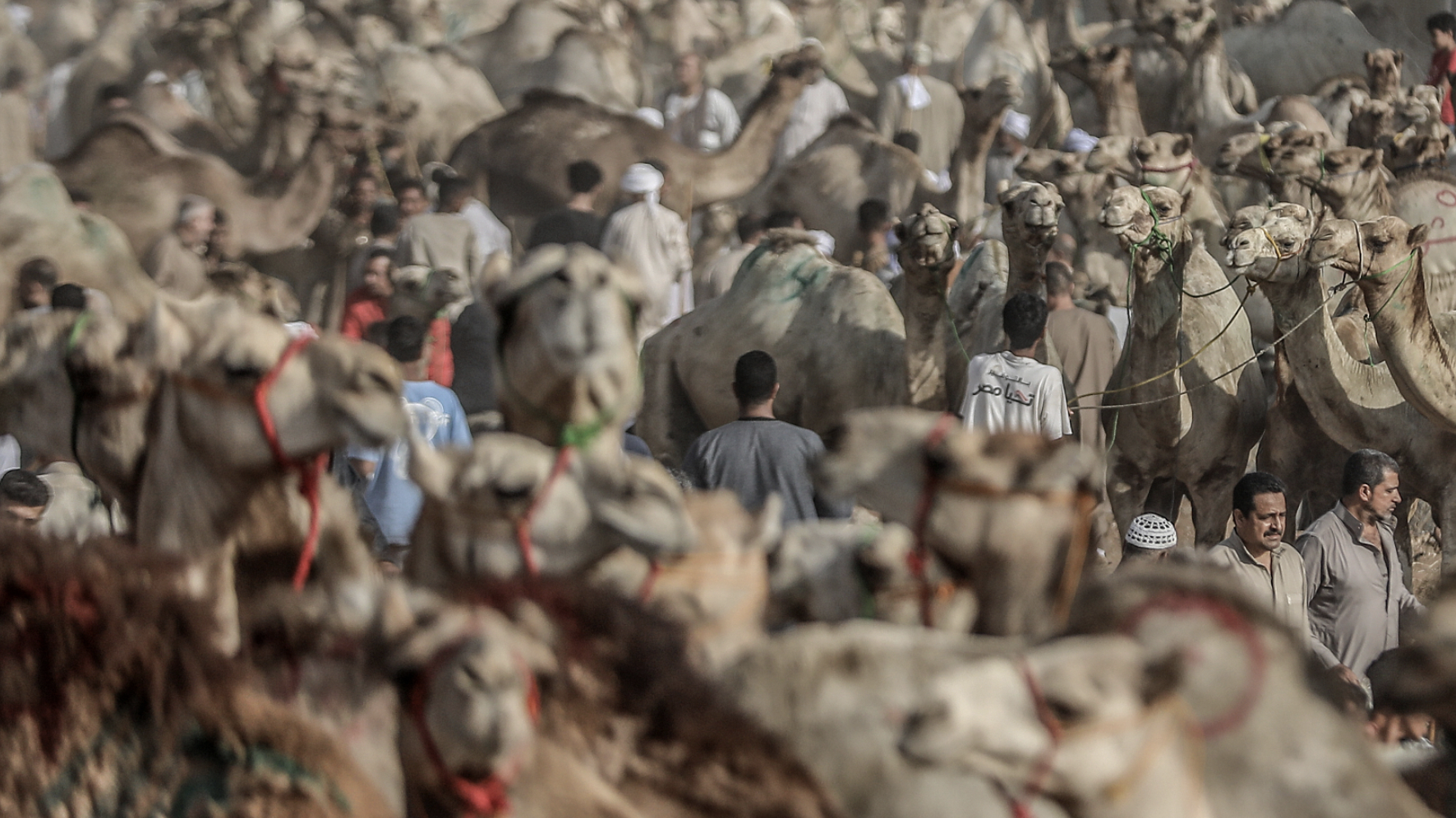An estimated 65.5% of Qatar’s population are Muslim, leaving a sizeable percentage formed by a multitude of other religions and faiths.
The celebratory holiday of Eid Al Adha gathers the attention of billions across the world, including non-Muslims, who speaking to Doha News, depict the period as a moment of serenity.
Anjali Singh, an expat in Qatar for the last few years, relates to the traditions of Islam despite being a devotee of Hinduism.
“Fascinatingly, there are many similarities between Hinduism and Islam. Both religions place an emphasis on fasting as a spiritual practice Additionally, both hold charity, family, and acts of kindness to the highest regard,” Singh told Doha News.
As conveyed by the young resident, growing up in India gave him a holistic introduction to Islam and its practices before coming to Qatar.
‘Warmth and brotherhood’
“In military campuses in India, we usually have a common place of worship called a “Sarva Dharma Sthal,” a central place where people of all religions come together in prayer as well as celebrations,” Singh said.
The 23-year-old described the concept of Sarva Dharma Sthal, which extends to all religions practiced in India an opportunity to witness Muslim traditions.
“The Eid festivities inside and near the masjid on campus were glorious to say the least – the food, the warmth, the brotherhood, and everyone was welcome regardless of their religious denomination,” Singh said.
According to dbpedia.org, 65.5% of Qatar’s population are Muslim, leaving a sizeable percentage formed by a multitude of religions and faiths.
Unlike Singh, Jared Barnes was not familiar with Muslim traditions until he encountered locals in Qatar observing the holiday.
“I was unaware of the Muslim traditions such as Eid as well as Ramadan, so it was a big culture shock; however, locals, as well as foreigners, made the experience quite informative and interesting,” Barnes told Doha News.
The 23-year-old South African describes the shift to living in the Middle East as a reason to “peaking his interest in Muslim holidays.”
“Living in the Middle East has definitely peaked my interest about Muslim holidays seeing as how different people from different backgrounds all come together to celebrate one with unity without discrimination,” Barnes added.
The sacrifice of livestock, including sheep, goats, and cows, during Eid Al Adha commemorates a message to the followers of Islam. Yet, for Barnes, the activity came as a surprise.
When asked about his experience, Barnes said, “the biggest surprise or culture shock, in my opinion, was the humane method of killing the sheep as well as it being witnessed by children.”
James Mburu, a recent graduate, described his experience of Eid Al Adha as a “period of serenity” as the holiday showcased the beauty of faith.
“It’s just a time to reflect on what makes good Islamic values; the period of serenity for all to witness encourages those outside of the religion to be invited to the conventions,” Mburu told Doha News.
Raised as a Christian in Kenya, Mburu describes that his exposure to Eid was guided by his university Muslim friends who clarified what the ‘festival of sacrifice’ represented.
“I know now there are different Eid holidays at different times of the year, and I see how widely celebrated they are. It really opened my eyes to the scale of the holidays… compounding my interest,” Mburu added.
Mburu voiced that despite not being surprised by the Islamic practices, the consistent commitment of Muslims is unlike his own faith or others that he has come by.
“What really strikes me is when Muslims illustrate their teachings of the faith. They really put effort into emulating the best version of Islam they can.
It’s completely different from Christianity; there’s no strong emphasis in which you are consistently told to emulate the best version of a Christian,” Mburu said.







